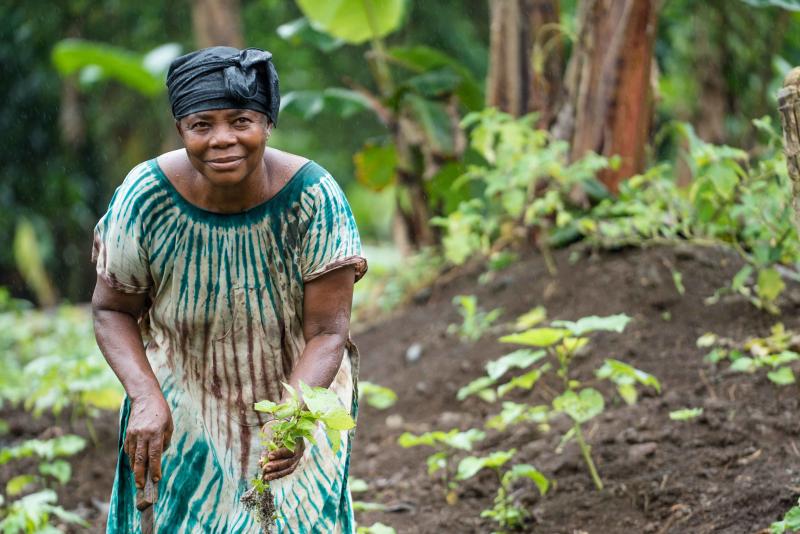

CAFI - Brussels and Glasgow, 4 November 2021 – Belgium and the United Kingdom (UK) have announced their financial contribution to the Central African Forest Initiative (CAFI). Belgium has contributed €3 million for 2021 and intends to at least keep this level of funding until 2024. The UK has announced a contribution of £32 million over the 2021-2026 period.
COP26 saw over 100 countries committed to halt and reverse forest loss and land degradation by 2030. At the event in Glasgow, the UK led a group of 12 international donors in announcing an initial collective pledge of at least $1.5 billion of financing to protect the Congo Basin rainforests, peatlands and other carbon stores between 2021-2025. Of this $1.5 billion, the UK will contribute £200 million (equivalent to $270 million) to protect the Congo Basin. £32 million of this contribution will fund CAFI.
Rt Hon Lord Goldsmith made the announcement at the COMIFAC-hosted Congo Basin forests roundtable event at COP26 in Glasgow, “The UK is proud to become a contributor to CAFI, a highly valued and valuable initiative. CAFI is crucial in our efforts to protect and restore the region’s precious forests as well as providing sustainable livelihoods and alleviating poverty.”
The Belgian contribution to CAFI is in line with its development policy in the Democratic Republic of Congo (DRC), that supports structural and sustainable improvement of food security, livelihoods and income of people who live below the poverty line, by promoting their resilience and their autonomy. Belgian NGOs, institutional actors, universities and Enabel, the Belgian development agency, are implementing and developing numerous programs in the DRC with their Congolese partners, including on agriculture, natural resources management and energy. As such, the new CAFI-DRC partnership and its guiding principles are fully in line with Belgian climate and development objectives, and allow for numerous synergies with existing and upcoming Belgian development programs. Agroecological family farming in particular has and remains a long-time priority of the Belgian development cooperation in the DRC.
“Protecting the forests of the Congo Basin is vital to meet global climate objectives, strengthened through COP 26, and maintain the forest rich biodiversity that is vital for the livelihoods of Congolese people. Through its contribution to CAFI, Belgium has and will continue to support the meaningful engagement of all stakeholders, especially civil society”, said Minister of Development Cooperation Meryame Kitir.
These two announcements raise to eight the number of financial contributors to the CAFI Fund. Many of these donors also fund bilateral programmes that are aligned with CAFI’s and partner countries’ objectives on climate, forests and people.
Beyond funding, the mobilization of their diplomatic networks allows policy dialogue to be held at the highest possible level, exemplified most recently by the endorsement of the DRC-CAFI Letter of Intent (2021-31) by the UK Prime Minister (on behalf of the CAFI Board) and the President of the Democratic Republic of the Congo.
Over the next five years, CAFI’s unique approach that combines funding with high level dialogue will be used, in the DRC for example, to help cap forest loss to a maximum of 667,867 hectares per year[1] and restore 8 million hectares of degraded lands and forests. The new partnership also renews its mission to reduce poverty and improve livelihoods, building on current efforts helping over 65,000 farming households to practice an agriculture that spares forest cover and provide access to more sustainable energy sources to at least 250,000 households.
Originally published on www.cafi.org